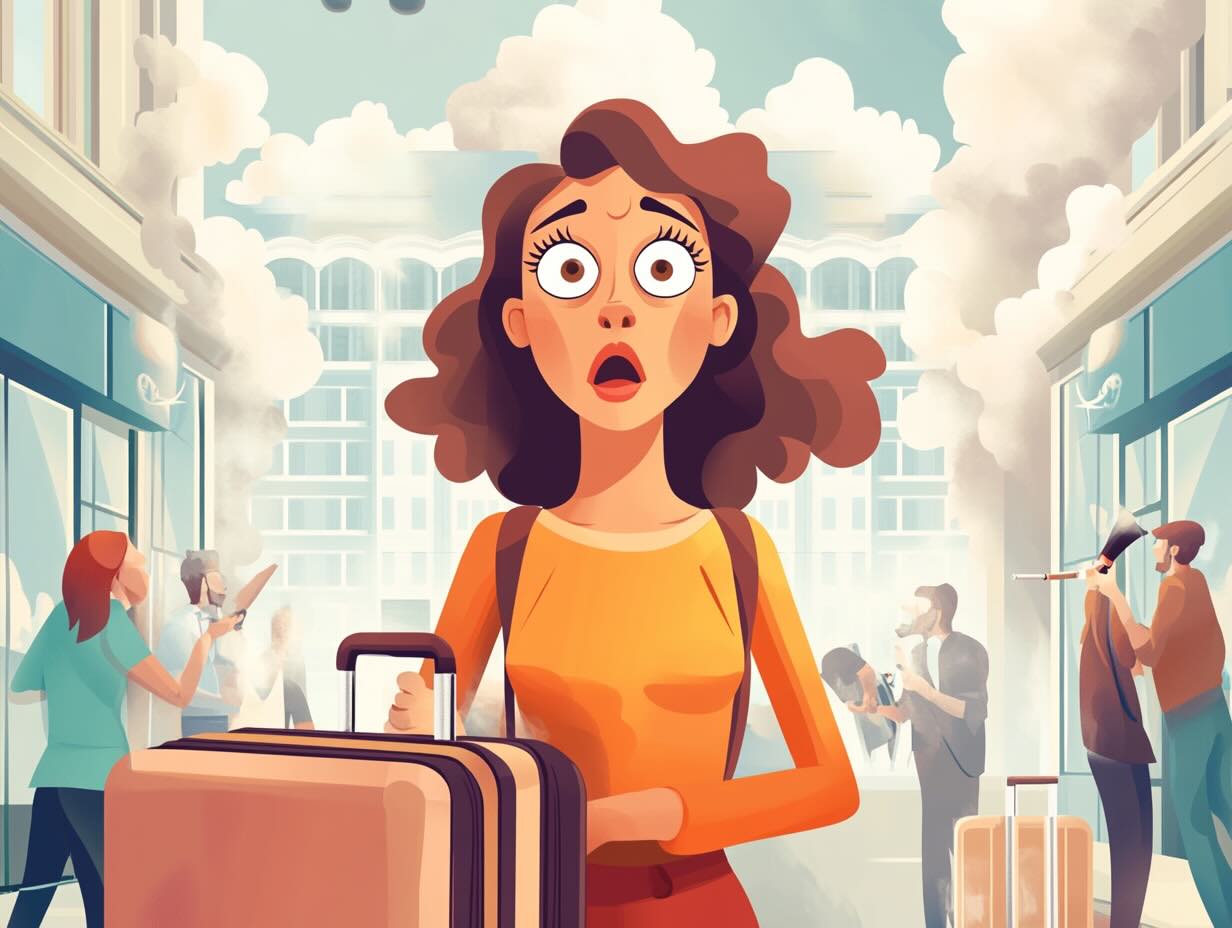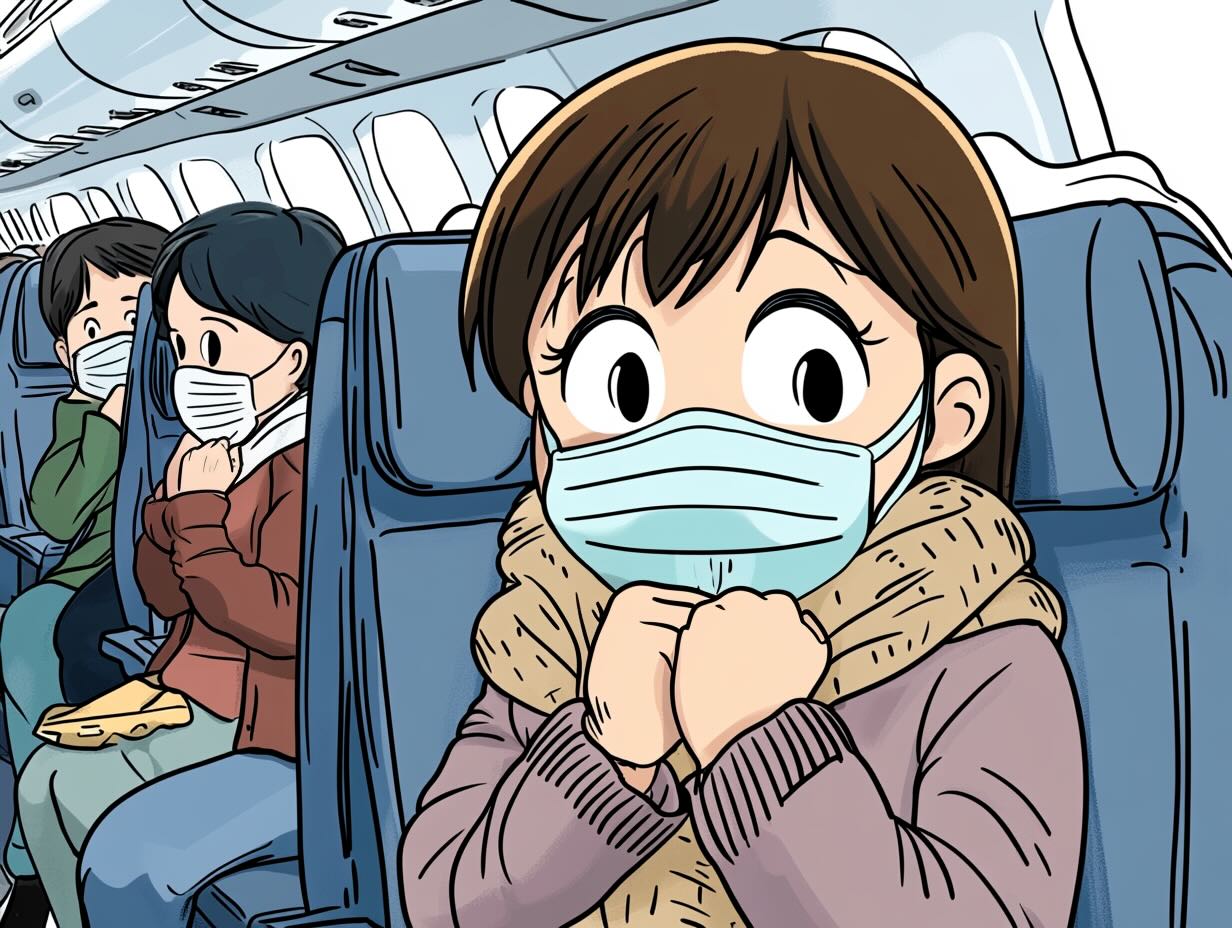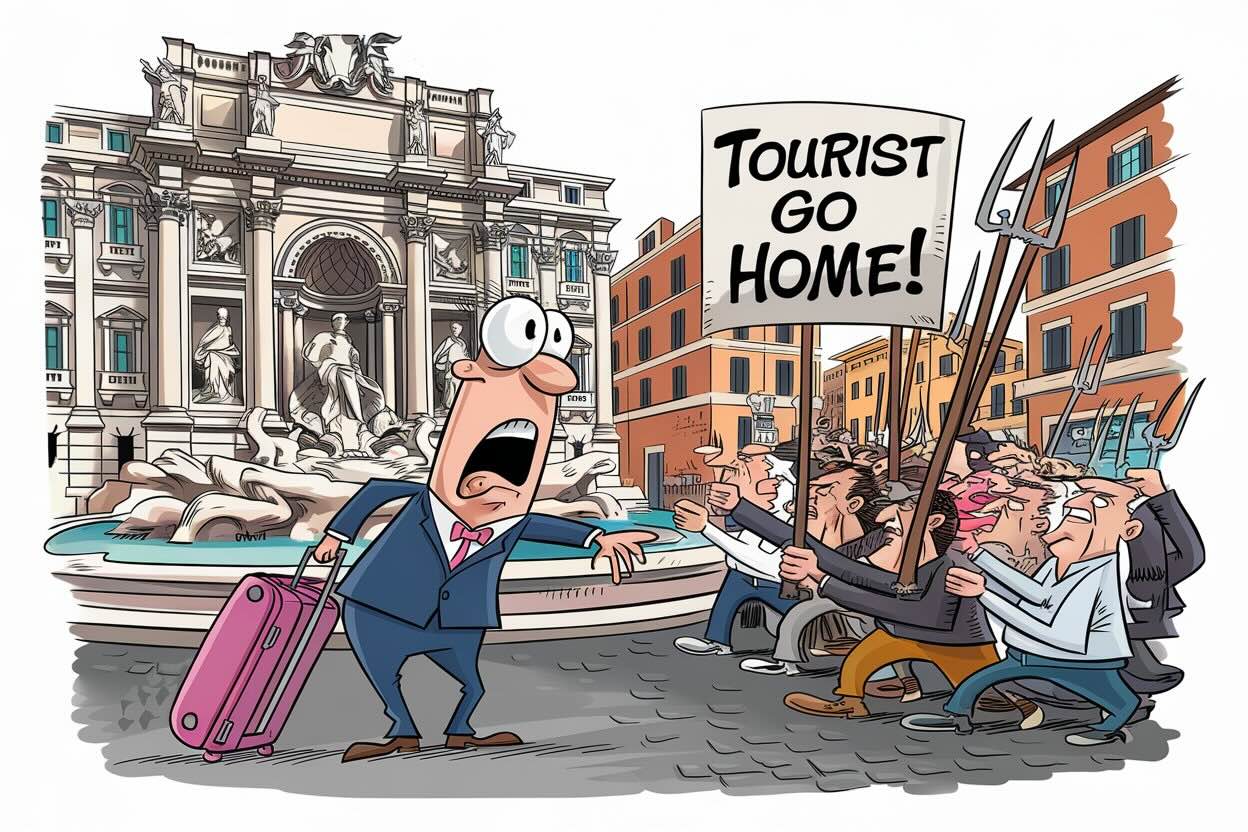Say the word “free,” and it’s enough to make even the most experienced travelers lose their marbles. But it could be a scam.
For example, if I offer you 100,000 free bonus miles for signing up for my precious-metal credit card, you might be tempted — even if it’s a toxic financial instrument with a ridiculously high annual percentage rate that will take a wrecking ball to your finances if you don’t pay it off every month.
It’s true. Travelers can’t seem to control themselves when they hear the word “free.”
“There’s a thrill we get from feeling like we’re getting more than what we paid for,” says Ehab Youssef, a clinical psychologist and a mental health researcher. “I’ve had clients share stories of how excited they feel about snagging a complimentary breakfast or scoring a free upgrade at a hotel. It’s not just about the financial savings; it’s the emotional satisfaction that comes with it.”
But make no mistake: “Free” can be one of the world’s most dangerous travel scams. There’s almost always a catch. Travelers are more addicted to free stuff than ever. They have a hard time distinguishing from something that’s actually free, as opposed to a clever marketing lie, and they don’t have a clue about making a smarter purchasing decision.
Our addiction to “free” stuff has never been worse — and you might be getting scammed
The recent holiday shopping season was a frenzy for people pursuing free stuff. Spending on gift cards, a preferred tool for people looking for free stuff, was predicted to rise by almost 10 percent from last year. (Gift cards help people maximize their loyalty programs, leading to more perks.)
Americans owe more than $1 trillion in credit card debt. Credit card companies lure us with points or miles when we pay with plastic. The promise of “free” miles is piling on that heavy burden. Never mind that we have to pay off that debt at some point, which will all but certainly negate the value of those “free” miles.
“We all want something for nothing,” says travel industry analyst Giacomo Piva.
Why do we want free things?
There’s a mountain of research that explains why we can’t help ourselves. Jeff Galak, an associate professor of marketing at Carnegie Mellon University, calls it the “zero price effect.”
“When people see ‘free,’ they process the value of whatever the thing is differently than when they see any price associated with the same item,” he says.
In other words, when something is “free,” you tend to overestimate its value and underestimate the potential downsides. You’re less likely to consider whether you really need the item or whether it’s worth the effort to obtain it. You just want it because it’s free.
And that can lead you to make irrational decisions, like signing up for a credit card you don’t need just to get bonus miles or staying at a hotel that’s farther away from your destination just because it offers free breakfast, or because you get bonus points.
Research on this topic goes back decades, but Dan Ariely’s 2008 book “Predictably Irrational” brought it into clear focus for travel marketers. Ariely ran several experiments, which showed that when faced with multiple choices, people usually chose the free option.
And loyalty marketers saw dollar signs. Just like social media companies fine-tune their algorithm to maximize your engagement, so, too, have airlines, hotels and credit card companies — especially credit card companies — honed their advertising message to exploit your human weakness for a bargain.
What kinds of “free” scams are out here?
There are actually three different types of free, according to Chip Bell, an Atlanta-based customer loyalty consultant. That can add to the confusion.
- Free with purchase. You have to buy something to get this “free” thing. Offers where your kids stay free or eat free are conditioned on you paying for your hotel room or your meal. Technically, there’s nothing free about this type of offer, but It’s meant to build affinity with a customer,” Bell says — but with only a paying customer.
- Free with strings. That’s when you have to do something besides spend money to get. For example, you have to sign up for a credit card to get bonus miles. Or you have to become a frequent flier to get a “free” checked bag. “It’s clearly a game,” he says, because strings are attached. “To me, that’s a type of ‘free’ that’s unethical.”
- Actually free. It’s something you get with absolutely no preconditions. The blueberry muffin samples at the airport Starbucks are actually free, because you can walk into the store, take the baked good, and leave without buying anything. But this is very rare.
Bottom line: There should only be one type of free — the actual dictionary definition of free, which is that it costs you nothing.
How to separate a scam from a deal
Most of the “free” stuff you’re offered as a traveler is of marginal value, if not a scam. So how can you tell if a free travel perk is a good deal or just a marketing gimmick? Here are a few tips:
Review the fine print carefully
Look for any restrictions or limitations on the offer. For example, a free night at a hotel might only be valid during certain times of the year or require a minimum stay. The free miles you get with your card may be contingent on a big purchase — which may land you in a lot of debt or compel you to spend money on flights you don’t need.
Consider the total cost of the trip
Don’t just focus on the freebie. Factor in all the other costs, such as airfare, accommodation, and activities. A “free” breakfast might not be such a good deal if the hotel inflates its room rates to cover the cost. (Note that in many countries, hotels include breakfast in the price of their room, and they usually don’t insult your intelligence by calling it “free.”)
Remember: If it’s too good to be true, it probably is
Be careful of any offer that seems too good to pass up. Often, these fraudulent offers are combined with pressure to act now. These “free” deals may be more than shady offers that will leave you with debt — they might be true scams.
The worst thing about these “free” offers is that they distract you from what really matters. Research from Travelport, a global technology company behind travel bookings, suggests that while breakfast-included and courtesy shuttles to the airport are important, they are not the most important thing.
After price, the most important things are a generous luggage allowance, a reasonable ticket change policy and the ability to select a seat — all things that customer-friendly airlines do without forcing you to join their loyalty programs or signing up for a credit card.
The “free” trap is a cleverly crafted illusion, designed to make you believe you’re getting something for nothing. But the truth is, you’ll pay for it in other ways – whether it’s through inflated prices, hidden fees, or the opportunity cost of choosing a subpar option. By seeing through the illusion, you can make rational decisions — and avoid getting taken for a ride.




